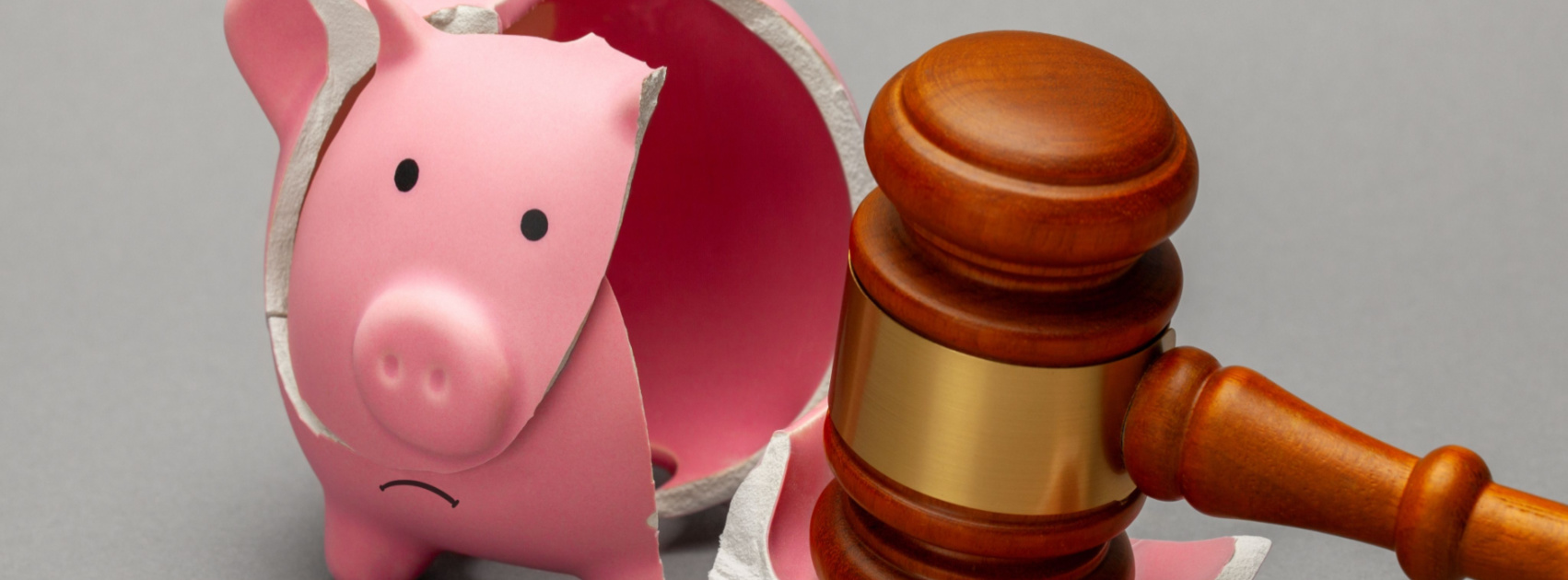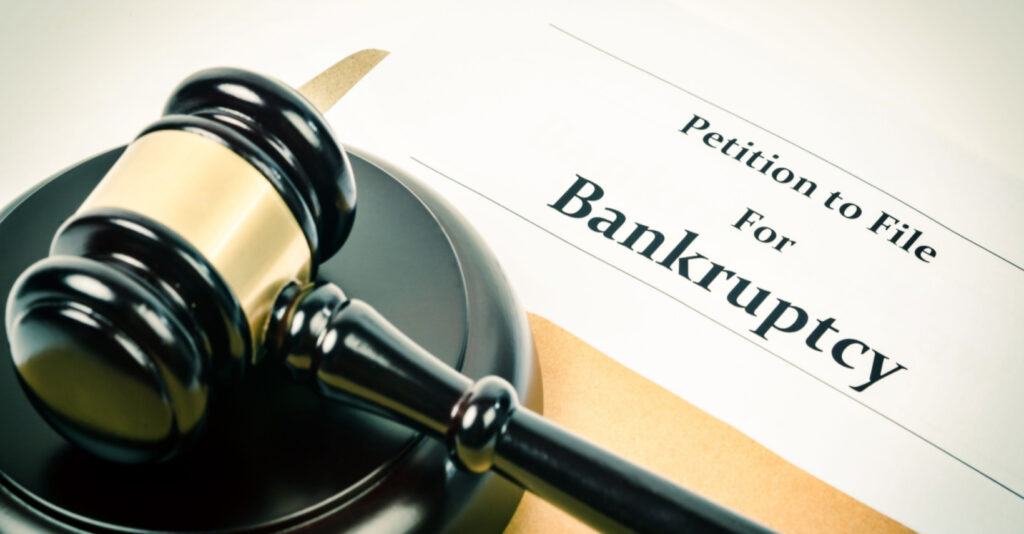After filing for bankruptcy, you will notice a significant negative, long-term impact on your credit. While this impact is virtually unavoidable, you might feel as though there is nothing you can do to improve your credit after bankruptcy. However, this is untrue!
While nothing can happen overnight, you can make massive improvements to your credit after filing for bankruptcy and still have a decent credit score. If you are about to file for bankruptcy or have already filed, keep reading to get some tips on salvaging your credit.
What is Bankruptcy?
Bankruptcy is a legal process that individuals, entities, or businesses can go through when they can no longer repay their debts. Bankruptcy allows you to seek relief from debts by liquidating your assets to pay them or by creating a comprehensive repayment plan. After you declare bankruptcy, creditors will not be able to call you or request payments from you, whether for medical bills, car payments, loan payments, or credit card debts.
When Do You File For Bankruptcy?
There are many reasons why people might choose to file for bankruptcy. For example, if you underwent surgery or chemotherapy and have extensive medical bills, you may want some financial protection from your debts. Additionally, if you have seriously overextended your credit and have massive credit card debt, you may also want to file for bankruptcy. Finally, bankruptcy may offer some financial protection if you are unemployed or have gone through a messy divorce.
What Kind of Effect Does Bankruptcy Have on Your Credit?
Filing for bankruptcy has a massive negative impact on your credit, and it does not go away quickly. Bankruptcy will immediately affect your financial future and make it more difficult to obtain credit down the road. For example, if you try to get new credit after filing for bankruptcy, even years after, you will likely have high interest rates and security deposits. Additionally, you may not be approved for cards, leases, and loans. However, while your credit score will go down after bankruptcy, you can see improvements within the following year to 18 months with the proper steps.
Steps to Rebuild Your Credit After Bankruptcy
You can take many steps to rebuild your credit after filing for bankruptcy. If you take the appropriate action and remain committed, you can begin to see significant improvements in your credit score even within one year after filing for bankruptcy. Many of these tips are just good credit habits to keep in general, so staying true to these habits following bankruptcy will put you in a better financial position for the remainder of your life. Bankruptcy doesn’t have to be life-ruining; the following tips will ensure it isn’t.
1. Make Payments on Time
Making payments on time for credit cards, loans, and car payments is absolutely essential to rebuilding your credit and keeping your credit score high. Aside from obvious late fees that incur when you do not make payments on time, late payments also harm your credit and cause your score to go down if done consistently. To change this habit, set yourself reminders on your phone or calendar to be sure to complete your payments on time.
2. Stay Ahead of Bills
Paying your bills on time is also key to building your credit and repairing your financial life following bankruptcy. Making payments on time for your household bills like utilities, internet, and television can help you avoid those accounts going to collections. In addition, there are some services, such as Experian Boost, which will also help you improve your credit score when you pay your cell phone, cable, and streaming bills on time.
3. Save for Emergencies
Saving for emergencies is an essential part of life, as emergency expenses can be incredibly costly. However, saving for emergencies is even more critical when trying to rebuild your financial future and assets. A single emergency expense, such as damage from a natural disaster, a medical bill, or a vet bill, can throw your finances entirely out of order when trying to rebuild your credit. Therefore, you should save a set amount of money each paycheck for potential emergencies, so you have some cushion.
4. Don’t Use Credit for Everything
Refraining from using plastic all the time can help you salvage your credit after declaring bankruptcy. You want to use less than 30 percent of your credit lines to keep building your credit. For example, if you have credit lines of $10,000, you should never exceed $3,000 in your outstanding balances. While this is difficult, try to avoid using your credit cards unless it’s for necessities.
5. Apply for a Secured Credit Card
While it might be hard to get credit after applying for bankruptcy, having open, usable credit does help you to improve your credit score. Therefore, having a secured credit card is a great way to rebuild your credit. Secured credit cards allow you to open a card while having bad credit. They secure your credit line with a deposit that the creditor will keep if you do not make payments on your card. In addition, the card issuer will report your usage and payments to the credit bureaus to help you build credit.
6. Think About a Credit-Building Loan
Credit-builder loans are another great way to rebuild your credit, as they essentially act as a “reverse loan” with features that incur less risk. Instead of taking out a sum of money from a creditor, you make monthly payments into an account managed by the entity you are engaged in the loan with. At the end of the loan term, you receive the sum of money that you’ve paid into the account.
7. Keep a Close Eye on Your Credit
Watching your credit closely not only allows you to see precisely what you are spending your money on, but it also allows you to see whether there is any identity theft on your account. Looking closely at your credit card statements is essential for many reasons, but perhaps the most important is identifying potentially unnecessary purchases that you’ve made, which you can avoid next month.
8. Don’t Expect Results Overnight
If you’ve declared bankruptcy, don’t expect to see massive jumps in your credit score overnight. Bankruptcy is difficult for any person or business, and you shouldn’t expect fast results from credit-building tips. However, working diligently and patiently will help your credit score get back to where you need it to be, but don’t rush it!
Bankruptcy Isn’t the End of the World
Declaring bankruptcy can be terrifying, but it doesn’t need to be the end of the world. The reality is that bankruptcy sounds much worse than it actually is, and it can sometimes be a good thing for you and your business. Following these tried-and-true credit-building tips can help improve your credit in the months and years following bankruptcy and help you get back on track.













